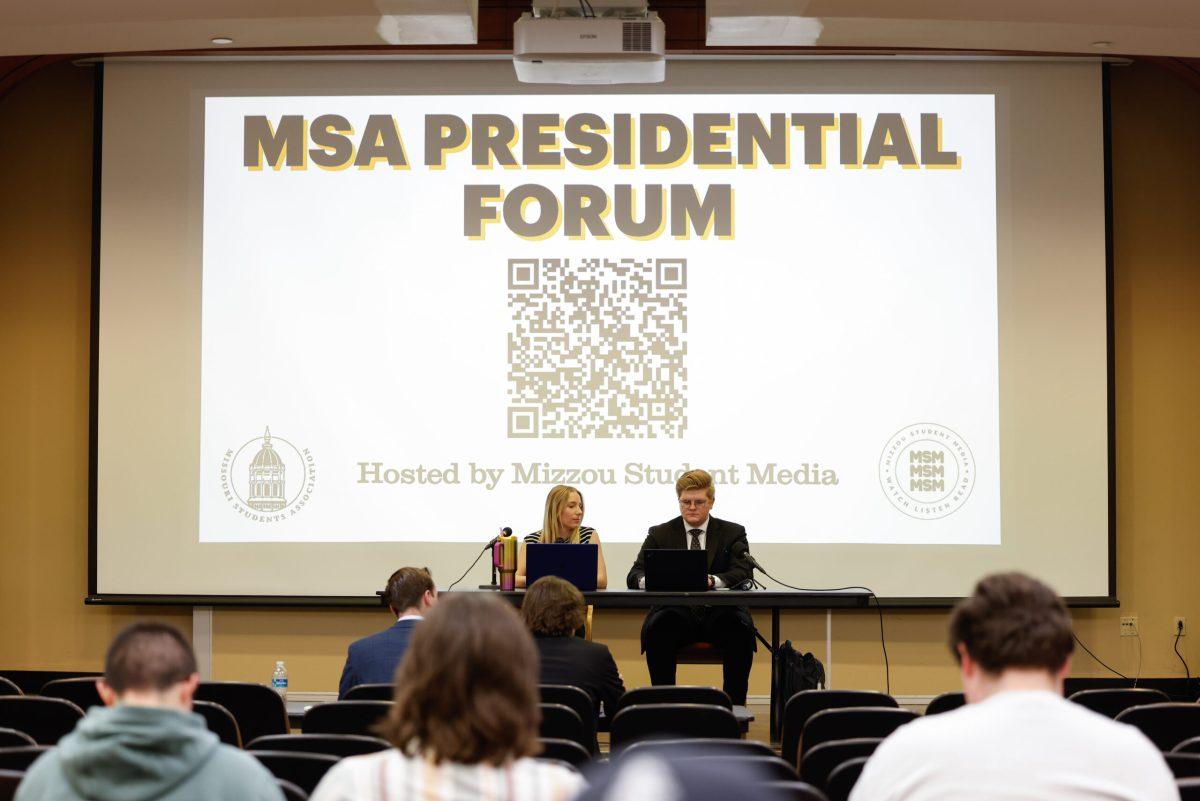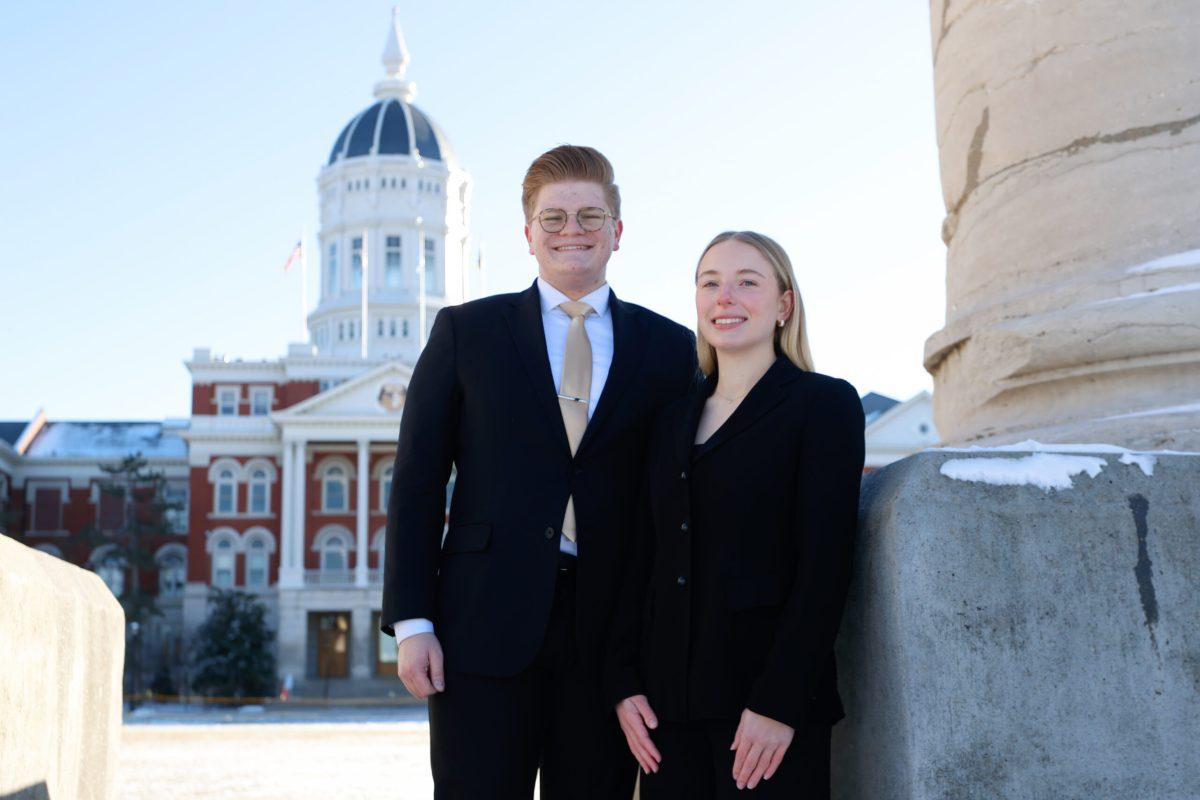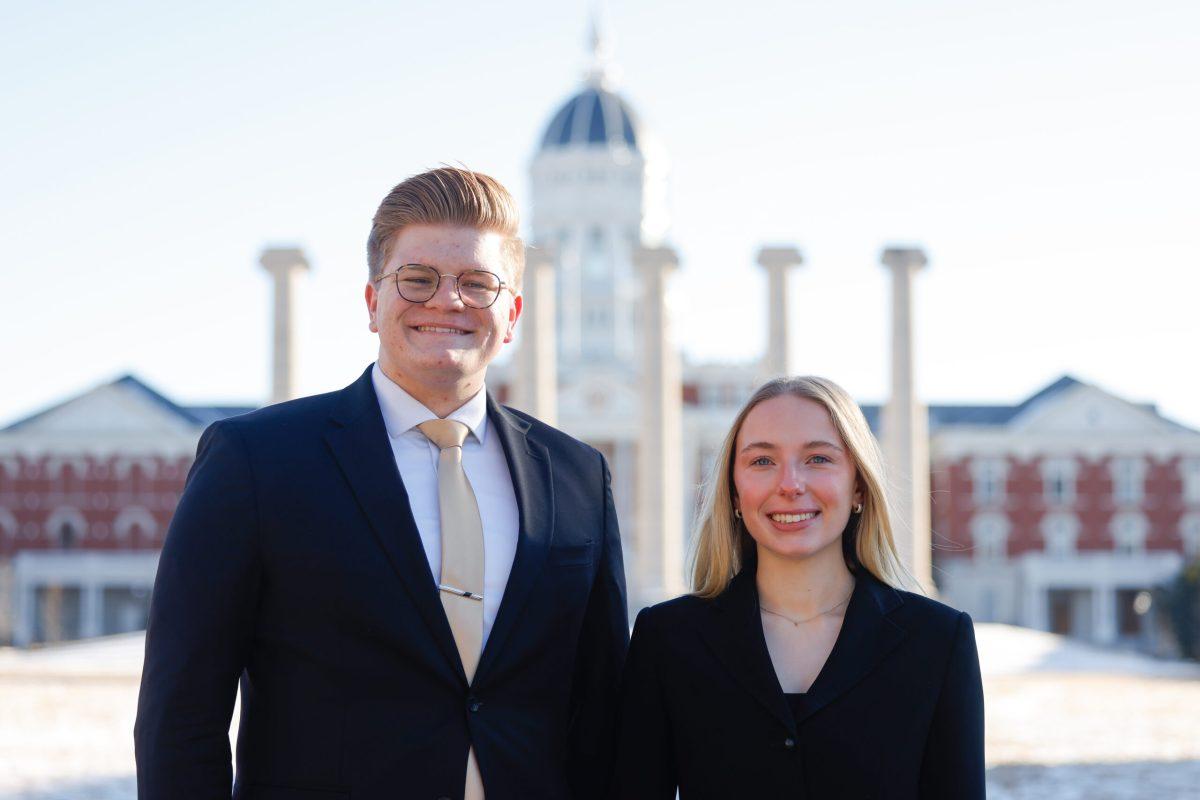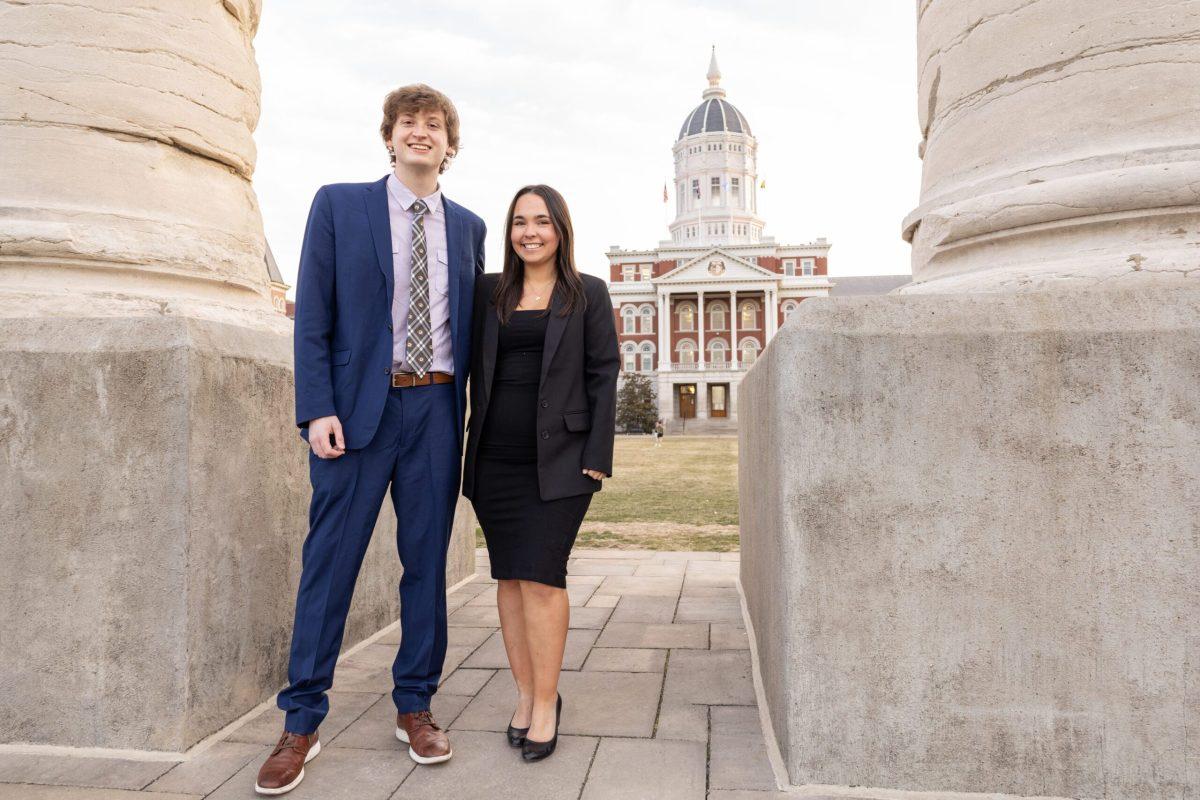MU’s decision not to discipline former Turning Point USA President Megan Miller faced opposition from many students and organizations on campus.
After a racist Snapchat post by former Mizzou Turning Point USA President Megan Miller went viral, MU announced via email on Jan. 9 that it would not discipline the student. The decision has provoked backlash from many students and organizations on campus.
According to the email, signed by UM System President and MU Chancellor Mun Choi, “Because we are a public institution, constrained by the First Amendment, OIE (the Office of Institutional Equity) and OSAS (the Office of Student Accountability and Support) concluded the university has no grounds to discipline the student who sent the message, even though it is diametrically opposed to our values.”
Choi emphasized that the First Amendment has limits and said the university will take action when individuals violate MU rules prohibiting discrimination. He said individuals who experience discrimination should report it to OIE.
The Legion of Black Collegians condemned the university’s decision in a statement on Jan. 9. LBC said in an Instagram post, “Today’s decision, as blatantly wrong as it is, was easily predictable, as it reflects the current attitude shared by the university itself: the worries and concerns of Black people on this campus do not warrant the university’s attention.”
LBC demanded three actions from MU: to provide a complete and transparent review of policies on hate speech, to institute comprehensive policies taking an assertive stand against racism and to reevaluate whether the culture on campus is what the university wants to see.
“We are frustrated, we are sad, we are hurt by this situation and the result of this situation,” LBC president Bryson Ferguson said. “But with the policy evaluation, the policy changes and expectation changes, we want to see the university as a whole become better not just for Black students but for all students.”
According to Ferguson, LBC will monitor the situation to ensure there will not be an uptick in racist verbiage on campus. Additionally, Ferguson is actively researching hate speech policies in other public universities. He said MU’s lack of a substantial policy on hate speech was part of the reason the investigation ended with no consequences.
“It seems that whenever there’s a situation, in which the matters of the situation are in this sort of a gray area, where there’s not directly a policy or there’s not directly a clear best way to handle it, the university will choose the side of the aggressor or choose the side of hate,” Ferguson said. “In that sense, we’ve seen it time and time again.”
While MU does not have a policy on hate speech, it does have a Commitment to Free Expression found on its website. According to the statement, “it is not the proper role of the University to attempt to shield individuals from ideas and opinions they find unwelcome, disagreeable, or even deeply offensive.”
The written commitment was first developed in 2016 by the Ad Hoc Joint Committee on Free Speech and the Press, which formed in response to the Concerned Student 1950 protests in 2015. CS1950 was a student organization that held boycotts and sit-ins in response to a string of racist incidents on campus, resulting in the removal of then-UM System President Tim Wolfe.
The Ad Hoc Joint Committee on Free Speech and the Press was charged with two goals, according to their webpage: to recommend how public spaces can be regulated on campus while protecting safety, free inquiry, and free expression; and to suggest how the university might resolve future conflicts should they arise concerning the use of public spaces on campus.
The Commitment to Free Expression lists multiple exceptions to the free speech policy. It says, “The University may restrict expression that violates the law, falsely defames a specific individual, constitutes a genuine threat or harassment, unjustifiably invades substantial privacy or confidentiality interests, or is otherwise directly incompatible with the functioning of the University.”
According to Anne Marie Tamburro, legal counsel from the Foundation for Individual Rights and Expression, “Mizzou students and the university itself have the right to criticize Miller and her speech for being racist, abhorrent, or offensive, but ultimately Mizzou made the right decision in the eyes of the law to not escalate criticism to punishment.”
Miller’s post was sent via direct message to a friend and was not communicated in a way that harassed any individual, according to Choi’s email. Tamburro said that under these circumstances, Miller’s speech did not qualify as unlawful harassment.
“In order for Mizzou to lawfully punish a student for their expression, the speech would have to fall into an unprotected category like true threats or unlawful harassment,” Tamburro said, “A racial slur not directed at any specific person, as in Miller’s case, is highly unlikely to meet either of these standards.”
Mike Heistand, senior legal counsel at the Student Press Law Center, agreed that “hate speech is generally protected by the First Amendment.”
“Hate speech requires an additional component: a call to action or targeting of a specific individual. [In Miller’s case] the statement was pretty general,” Heistand said. Since the statement did not contain an imminent threat.”
Marjai Neal, the activities chair of LBC, said that executive members of the organization have been in active conversation about holding events related to freedom of speech, the First Amendment, hate speech and policy revision.
“The Black community is definitely very vocal in what they do want to see,” Neal said. “So include them in those conversations.”
Last semester, a protest organized by MU students Alana Hayes and MarKeia “Nova” Kellogg sought to draw attention to university inaction following the discovery of racist posters on campus, which included a white supremacist dog whistle and links to a white power website.
In subsequent interviews with The Maneater, MU spokesperson Christian Basi said the posters were under investigation and potentially constituted a policy violation due to the posters’ location, but not their content.
“Our policies on speech are related to time, place, and manner restrictions as afforded by law, but we do not restrict content,” Basi said.
In light of the lack of consequences for Miller, Hayes said MU had disappointed her yet again.
“If something happens to one of [MU’s] Black students and it’s racially motivated, I hope they know that blood is on their hands,” Hayes said. “Because they refuse to fully condemn racism at this institution.”
Edited by Zoe Homan | [email protected]
Copy edited by Mary Philip



















